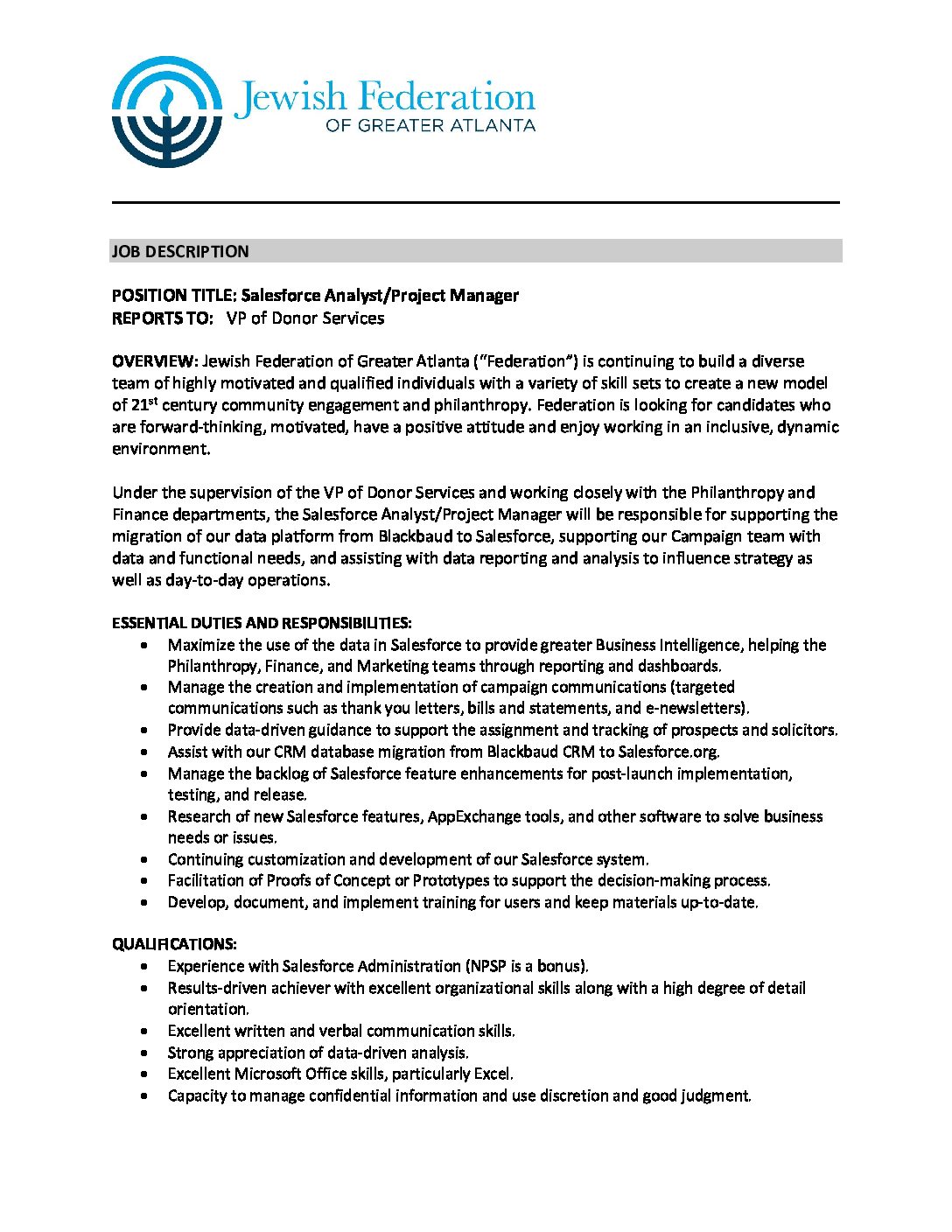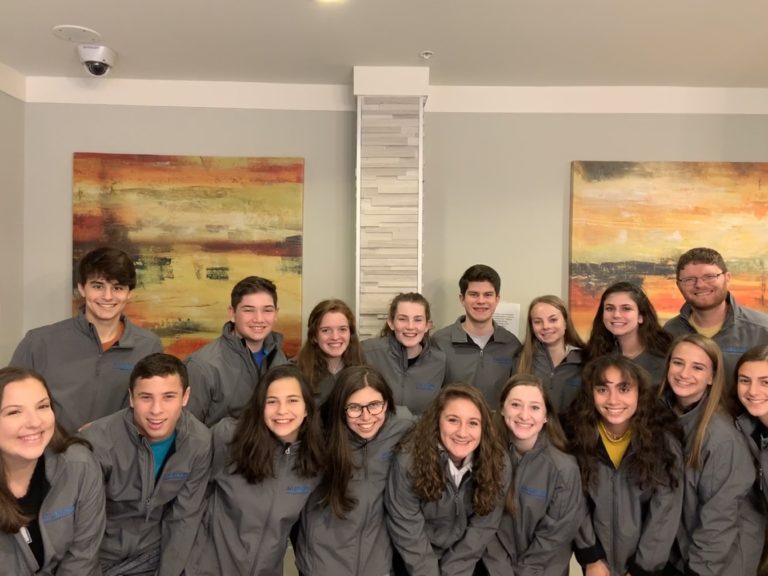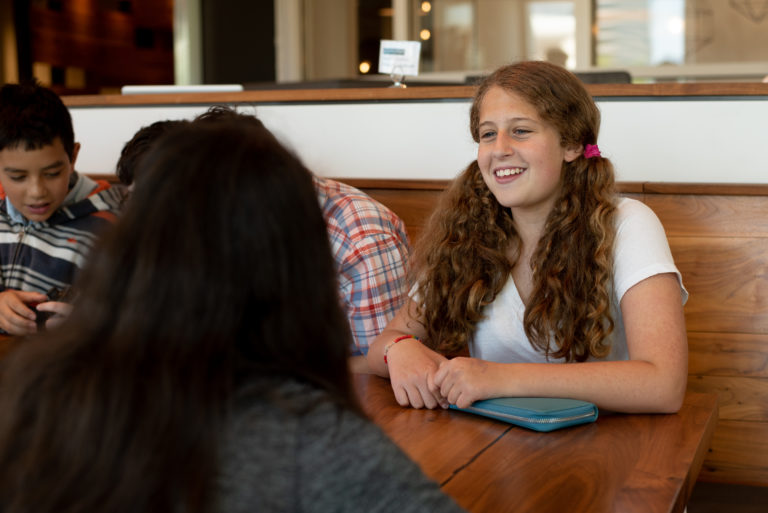
Over the last few weeks, the teens and adults at Creating Connected Communities have been busy helping the community. Even while stuck at home people have been cleaning out closets and reaching out with donations. Through all of these efforts, CCC has been able to donate GoGo squeeZ applesauce, books, snacks, bottled water, games, hand sanitizer, activities, toys, personal care products, puzzles, Play-Doh, and school supplies to people in need!
Overall more than $8,000 of supplies were donated to community partners, including the Atlanta Police Athletic League (PAL), Community Assistance Center, JF&CS Atlanta, and the Georgia Center for Child Advocacy. It’s amazing that the toys and supplies our community had on-hand are now in the hands of children stuck at home without resources.
“We are honored and thankful that we were able to do a small part of the relief effort by bringing food and supplies to some of our partner agencies during this time. We are so amazed and energized by our incredible community and our teens who collected items for us to distribute, shared our efforts with their networks, and continue to hold items for us to pick up as soon as we are able.” – Tara Kornblum, CCC Program Director
Want to help out? Everyone can continue to sort books, Lego, new toys, and home goods and set them aside for Creating Connected Communities to get after the shelter in place is lifted. Unfortunately, due to stay-at-home orders throughout the state, CCC is no longer accepting donations at this time.
Want to learn more about CCC? Check out their website https://www.cccprojects.org/ or follow them on Facebook https://www.facebook.com/CCCprojects
Founded in 2010, Creating Connected Communities (CCC), is a 501(c)(3) nonprofit organization whose mission is to bring life-enhancing programs to children in need by empowering teens to become engaged community leaders and volunteers.
In partnership with more than 60 Atlanta agencies, the 135+ Jewish teens in our Leadership Development Program plan and implement ten community programs for thousands of children and families in need. They learn valuable leadership skills such as fundraising, public speaking, program planning and more.
Through our programs, children receive thousands of gifts, meals, books and personal care items. They participate in outdoor festivals, carnivals, craft projects, DJ dance parties, and more with the help of hundreds of teen volunteers!





















